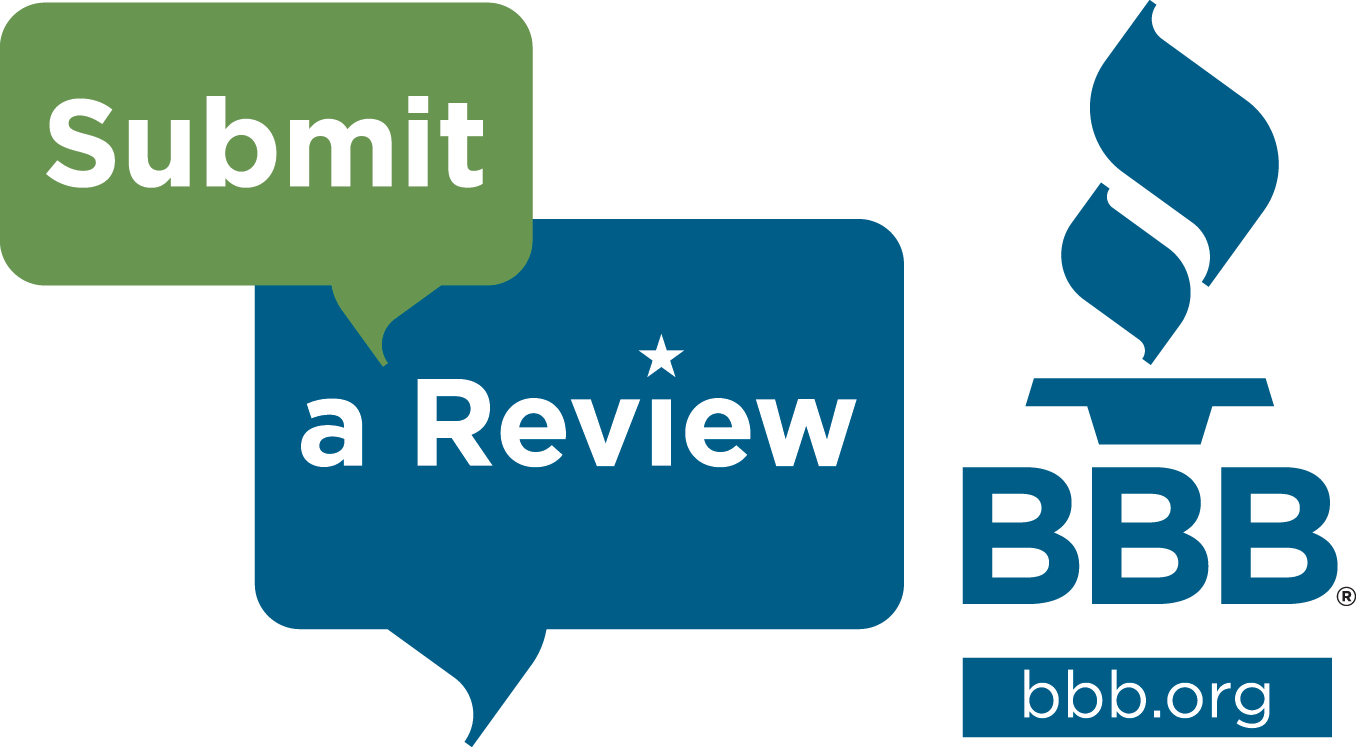When Buying a Home Is a Better Option Than Renting
 There has always been a pretty divided ground when it comes to people who favor owning a home versus people who favor renting a home. Maybe you have always dreamt about the house with the white picket fence as the epitome of your American dream. Over the years the financial benefits of owning vs. renting has changed. For example, from 2004 to 2006 it was more favorable to rent, but buying made a comeback from 2009 to 2011. If you find yourself sitting on the fence about which is better for you, let us show you four circumstances in which buying a home may be a better option.
There has always been a pretty divided ground when it comes to people who favor owning a home versus people who favor renting a home. Maybe you have always dreamt about the house with the white picket fence as the epitome of your American dream. Over the years the financial benefits of owning vs. renting has changed. For example, from 2004 to 2006 it was more favorable to rent, but buying made a comeback from 2009 to 2011. If you find yourself sitting on the fence about which is better for you, let us show you four circumstances in which buying a home may be a better option.
1. You Want to Own Assets
While there are some benefits that come from renting, most of the time it can feel like you are pouring money down the drain. However, every mortgage payment that you pay increases the equity in your home and moves you closer to owning it outright. Because a home is considered an asset it can appreciate in value therefore increasing your equity automatically. Owning a home is a great way to invest your money, even if you are spending it on a mortgage payment each month, because the price of homes typically rise over the long term.
2. You Plan on Living There Long-Term
The length of time you plan to stay in a certain location can make a difference when it comes to deciding if you should rent or buy. In certain places, buying beats renting only if you plan to stay in the home for at least ten years. If you do intend on staying in a certain place for the long haul, you will find more benefit in buying a home. There are some Rent v. Buy calculators out there that will have you answer a series of questions that will help you determine what the best choice is for your situation.
3. You Have Capital
Buying a new home is an investment as well as a commitment so you want to make sure that you will be able to handle the costs that come with owning. You will most likely need money upfront for a down payment, as well as money to cover closing costs. A general rule of thumb is to have at least 20% of the home’s value upfront. Certain types of loans, however, only require 3-5% upfront. You will want to talk to your mortgage lender about what option might work best for you.
The important thing to keep in mind when providing the money for the down payment is to make sure that you don’t completely wipe out your savings account. You want to leave enough set aside for an emergency fund and other necessary needs. Remember that owning a home comes with the responsibility of keeping up on the maintenance and repairs as needed. Paying property taxes and homeowners’ insurance is another expense that comes with home ownership as well.
4. You Want That Tax Break
The word tax deduction is music to every home owners’ ears! This is a great benefit that comes from home ownership because you can get a tax deduction for the mortgage interest you pay. For instance, on a 30-year loan for $200,000 at 5% interest you will pay $10,000 in the first year! Interest costs reduce your taxable income (if you itemize your deductions). After putting enough money down, you may also be able to tap into your home equity line and borrow for other expenses such as home improvements or college tuition. Remember that your equity is the market value of your property minus what you owe on it.
As you can see buying a home has several advantages. If you are considering buying a home let one of our licensed mortgage lenders speak to you and get a pre-approval before you begin your house hunting. Contact us here for more details.













